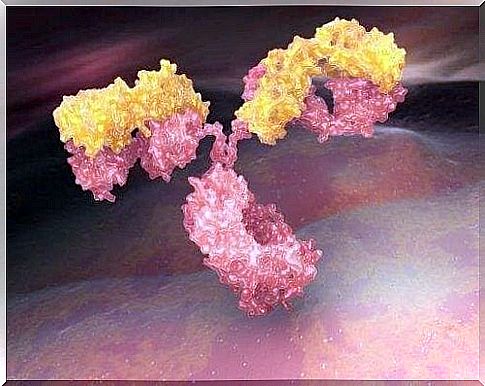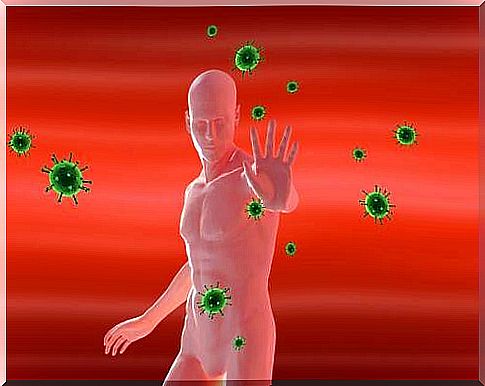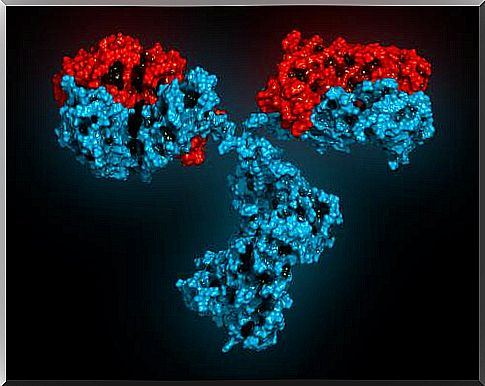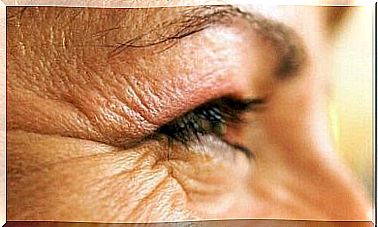Antibodies: What Are They And What Are Their Functions?

Antibodies are a set of special molecules that protect the body from attacks by organisms it recognizes as foreign, such as viruses and bacteria. They are therefore important for the proper functioning of the immune system.
Why does the body make antibodies?

Antibodies are “functional molecules” in the body. They are also called immunoglobulins. Their production depends on specialized cells in the immune system. The body produces more of them if it recognizes or detects antigens.
These antigens are present in foreign factors such as bacteria, viruses, etc. Studies on the subject have shown that these plasma proteins, i.e. immunoglobulins, are produced by B cells and certain plasma cells.
The human immune system is very precise. It thus produces different antibodies, i.e. immunoglobulins, against each antigen. This will ensure our survival. But the immune system also has its weaknesses, such as autoimmune diseases, which are caused by antibodies recognizing a person’s own cells as “foreign”. They seek to eliminate this perceived threat by destroying these healthy cells as if they were pathogens.
Antibodies typically travel through the bloodstream to different areas of the body. This allows them to travel quickly to where the antigens have been identified and destroy them.
For this reason, medical staff will usually take a blood test to check the levels of antibodies in the blood. The patient may also be sampled with saliva or other substances such as cerebrospinal fluid.
Various antibodies

Antibodies, or immunoglobulins, can be divided into different types according to their properties and functions:
-
Immunoglobulin G or IgG
These antibodies have the highest percentage. They protect babies from birth as they are in the mother’s placenta. Thus, these antibodies are passed from mother to fetus.
Basically, they are in the body all our lives. They play a role in certain important functions, such as activating phagocytes, i.e. killing harmful cells.
-
Immunoglobulin M or IgM
These molecules can form an annular structure with up to ten attachment sites (for antigens). In general, these antibodies are those that are the first to “come into contact” with the identified antigens.
They enable and promote the function of macrophages (these are similar to phagocytes).
-
Immunoglobulin A or IgA
These antibodies have a monomeric or dimeric form, i.e. they can be present in groups of up to two antibodies.
In addition, they play a very important role in the immune function of the mucous membranes (these produce breast milk, blood, mucus, tears, etc.).
-
Immunoglobulin E or IgE
These antibodies consist of two heavy chains and two light chains. Unlike the above-mentioned antibodies, these are usually located on the surface of mast cells. Thus, most of them are in the tissues of the body, especially the mucous membranes and the skin.
They are normally receptors for allergens, antigens that cause a very rapid hypersensitivity reaction in the body. These allergens are not dangerous substances per se, but our immune system recognizes them as a serious threat. They cause mast cell activation and histamine release.
-
Immunoglobulin D or IgD
These antibodies form polymers that attach to antigenic molecules. They account for a total of about 1% of B cell plasma proteins.
I hope this article was interesting and provided useful information! You can ask your doctor more about antibodies.









